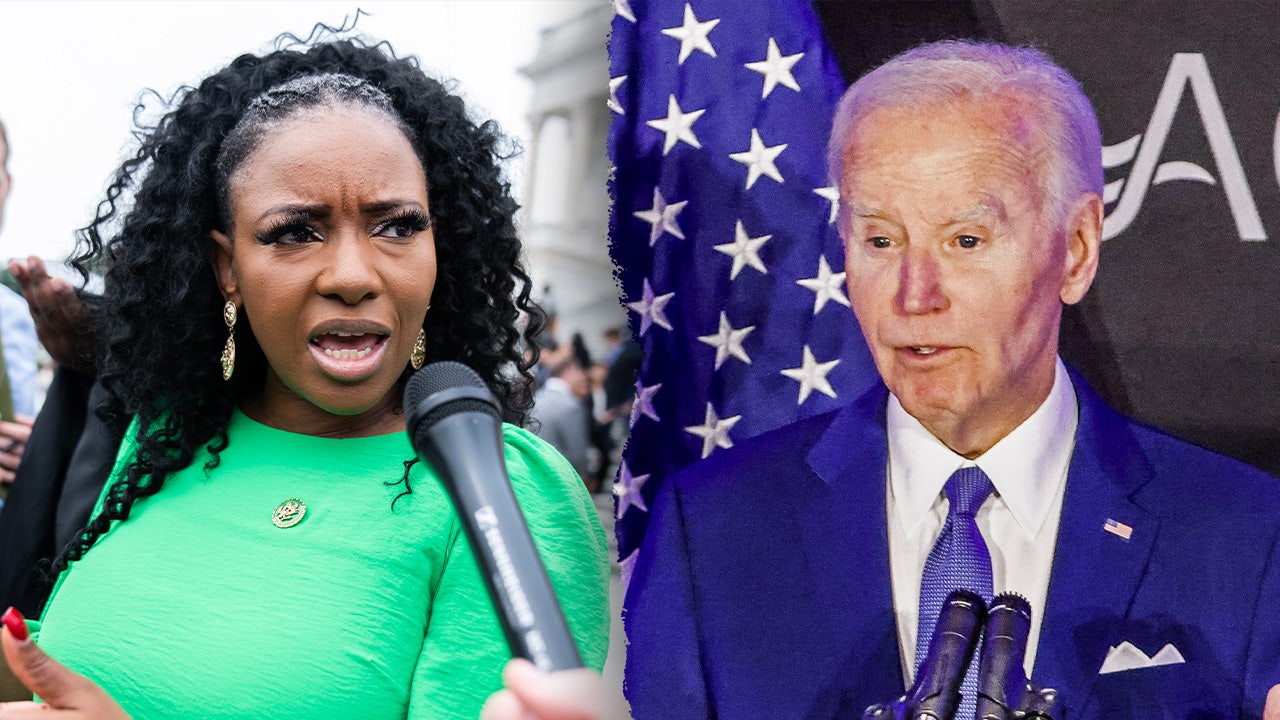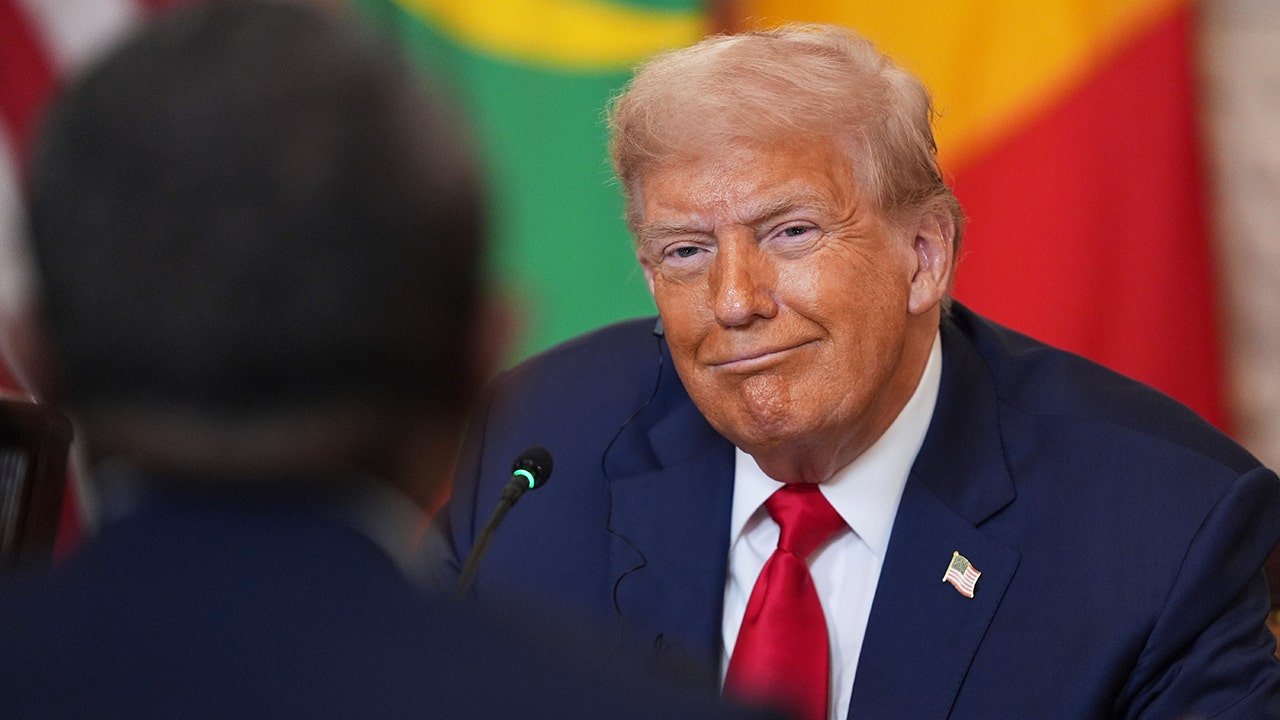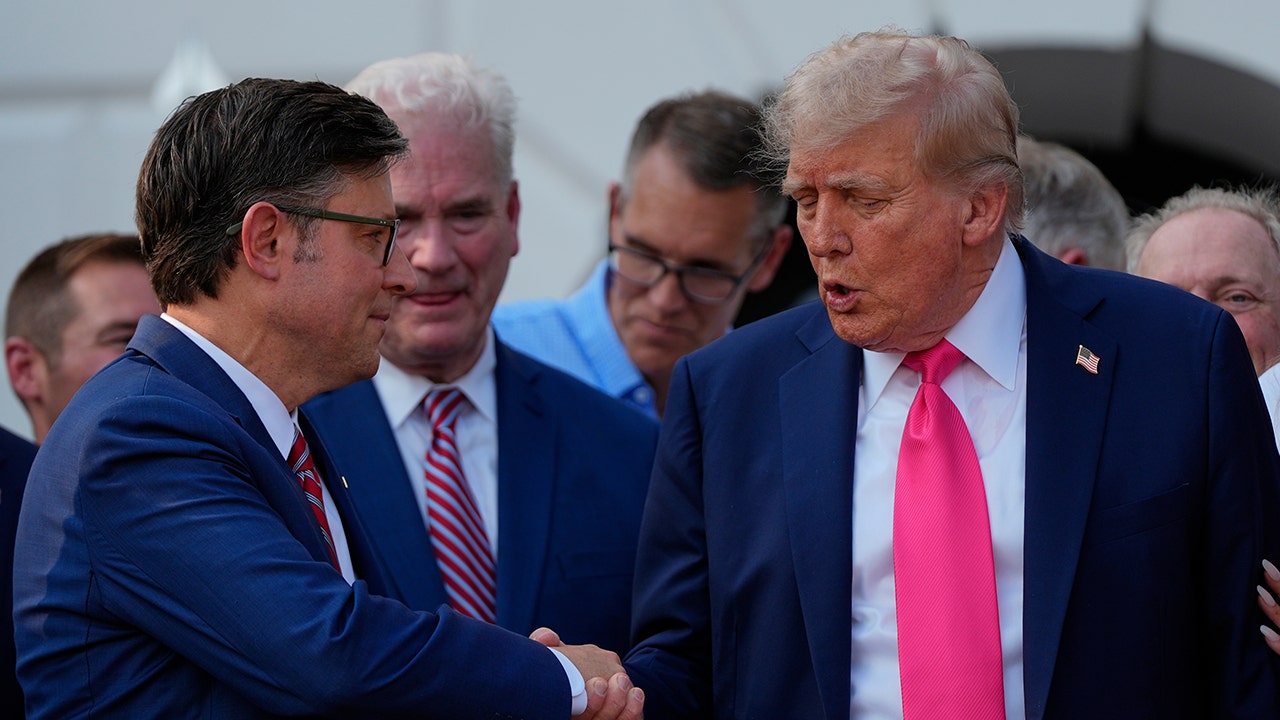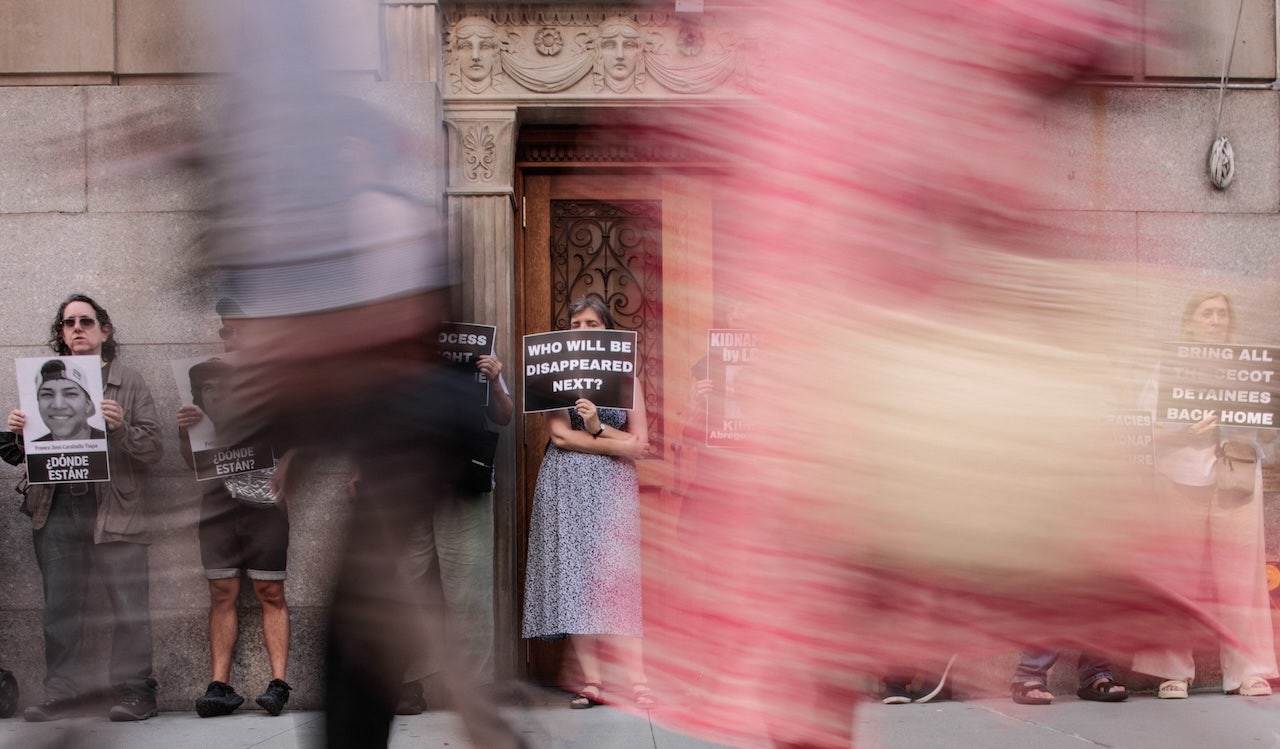From $400M Qatar jet to diamond boxes, foreign gifts to US presidents spark debate
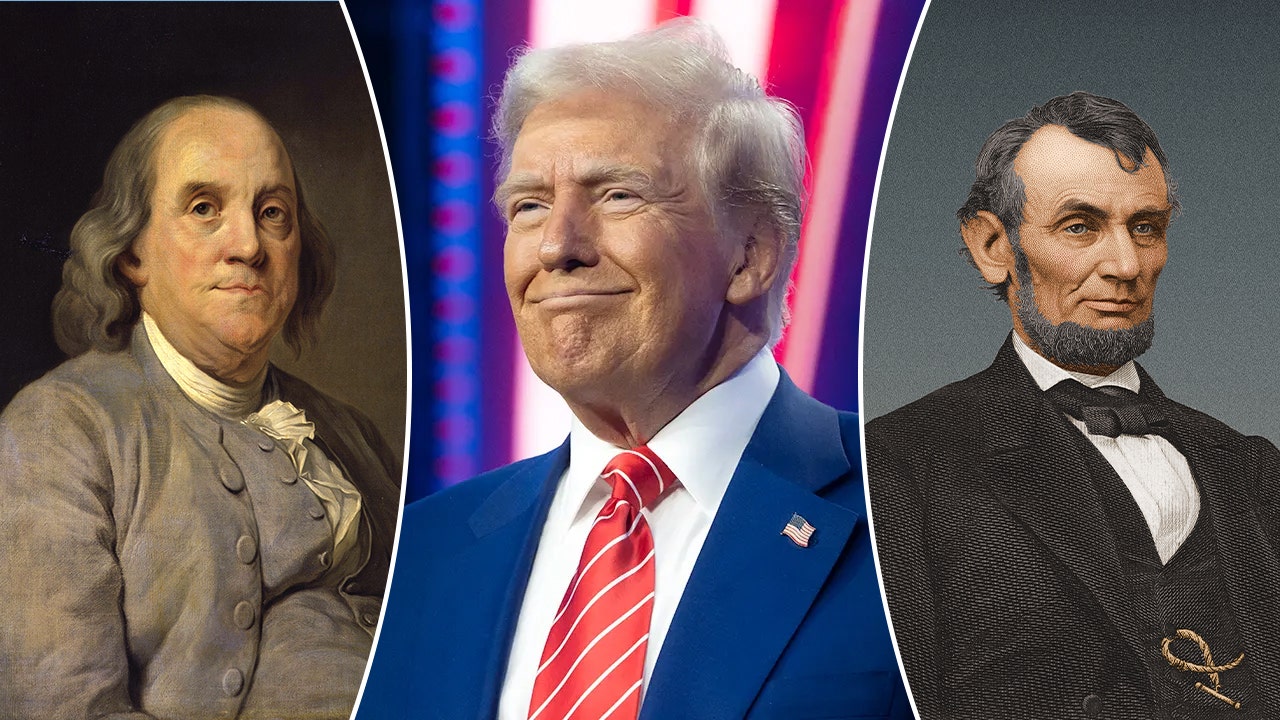
The White House has found itself embroiled in controversy over President Donald Trump’s plans to accept a luxury jumbo jet worth $400 million from the Qatari government as a potential new Air Force One. While some may view this as an extravagant gift with potential ethical concerns, the tradition of U.S. leaders receiving lavish gifts from foreign leaders dates back to the founding of the country in 1776.
One of the earliest instances of such gift-giving occurred in 1862 when Abraham Lincoln politely declined a gift of a herd of elephants from the King of Siam but accepted a sword of exquisite workmanship, a photo of the monarch’s family, and two elephant tusks. In 1880, Queen Victoria sent President Rutherford Hayes an intricately carved desk made from the oak timbers of the HMS Resolute, an Arctic exploration vessel. This desk, still in use in the Oval Office, was temporarily removed for refinishing earlier this year.
Throughout history, U.S. presidents have received a wide array of gifts, from a painting of Marrakech’s Koutoubia Mosque given to Franklin D. Roosevelt by Winston Churchill to giant pandas gifted to Richard Nixon by China. In 1997, President Clinton and his wife Hillary received a handmade rug with their pictures woven into the tapestry from Azerbaijan’s leader, Heydar Aliyev. George W. Bush was gifted raw lamb from Argentina’s Nestor Kirchner and a puppy from Bulgaria’s Georgi Parvanov.
One of the most extravagant gifts was a gold and diamond snuff box given to Benjamin Franklin by French King Louis XVI in 1785. This gift raised concerns about corruption and foreign influence, eventually leading to the addition of the Emoluments Clause in the U.S. Constitution.
While federal law requires disclosure of gifts from foreign governments valued at $480 or more, presidents are allowed to keep gifts for display at a presidential library. Trump has indicated that the new Air Force One plane would be donated to his future presidential center or library after his term.
Despite assurances that the gifts are gestures of goodwill, concerns about transparency and foreign influence remain. Trump’s acceptance of a sword, dagger, and fur-lined robes from Saudi Arabia’s royal family on his first trip abroad as president in 2017 also raised eyebrows. The items were later seized by the U.S. Fish and Wildlife Service, which found that the fur was fake.
As the tradition of receiving gifts from foreign leaders continues, it is essential for the government to uphold transparency and ethical standards to avoid any potential conflicts of interest or undue influence.

